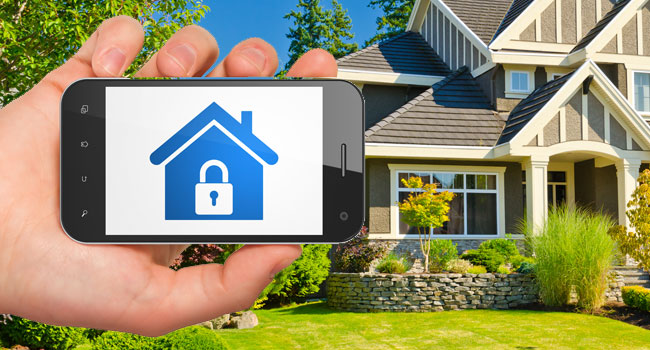Pros and Cons of CCTV Cameras
There are many benefits of CCTV cameras. They are portable, have better image
processing capabilities than humans, can detect motion in the dark, and can monitor
an area without human oversight. Furthermore cctv camera, they can be controlled remotely and
wirelessly from anywhere. This means you can watch the camera feed even from
your smartphone.

Disadvantages of CCTV cameras
While CCTV cameras have many advantages, they also come with a number of
disadvantages. First and foremost Security System, CCTV cameras can be abused by people who are
looking to commit a crime. This is because they may be able to change the angle of
the camera or stick gum on it, and this can lead to the appearance of a false image.
Additionally, the cost of CCTV cameras is often prohibitive. As a result, many people
do not use CCTV as their primary method of detection.
In addition to this, wireless CCTV cameras are vulnerable to interference. Radio
signals compete with the signals from the camera, resulting in false alarms, and loss
of videos. Moreover, these devices are also vulnerable to hacking. Without the
proper security, unauthorized parties can easily gain access to recorded data, which
could result in legal proceedings.
Cost of installing CCTV cameras
The cost of CCTV installation varies depending on the number of cameras and the
storage device. Many suppliers offer packages to cut down on costs. You’ll also need
to consider the amount of time it will take to find the perfect position for the
cameras. You may also want to consider a motion sensor to activate the cameras.
The cost of installing CCTV cameras varies depending on how many cameras you
need and how many are on your property. You’ll need to conduct a survey to
determine how many cameras you need and how much equipment you need.
Depending on the number of cameras, the cost can range from N20,000 to N40,000.

Cost of maintaining CCTV cameras
Investing in CCTV maintenance is a good idea if you want to keep your system
running at its optimal level. It can help you extend the life of the cameras, and it can
also reduce the costs of fixing broken cameras. Ensure that you get your CCTV
cameras serviced regularly, and keep a maintenance logbook of all visits and
repairs. Keeping this logbook will help you prove to insurance companies that you
have your cameras regularly maintained.
CCTV maintenance is usually included in the cost of professional installation and
monitoring. However, if you don’t want to hire a professional, you can do it yourself
at a reasonable cost. The cost includes periodic testing and checking to ensure that
the system is working properly and isn’t compromised by a security issue. The
maintenance team will also check the cable connections to ensure they’re properly
positioned. If the cables are damaged or in poor condition, they’ll replace them.
Potential for abuse
One problem with CCTV cameras is that they are susceptible to abuse. Although the
Fourth Amendment protects the government from searching video recordings, this
does not prevent the misuse of CCTV systems. These cameras are also susceptible
to hacking. This malicious activity can cause them to run slowly and use extra CPU
cycles. The poor performance can also be explained by a poor wireless or internet
connection.
It is vital that employers understand the risks and use CCTV cameras to the best of
their abilities. This means drafting data protection policies that address the use of
CCTV for monitoring and how to protect individuals’ privacy. In addition, employers
should put up signage and implement appropriate organisational and technical
measures. These measures should mitigate the risk of data breach. However, CCTV
systems are vulnerable to cyber-attacks, particularly when connected to the internet
or cloud. This makes it even more important to protect the cameras by restricting
access and having robust systems in place.
